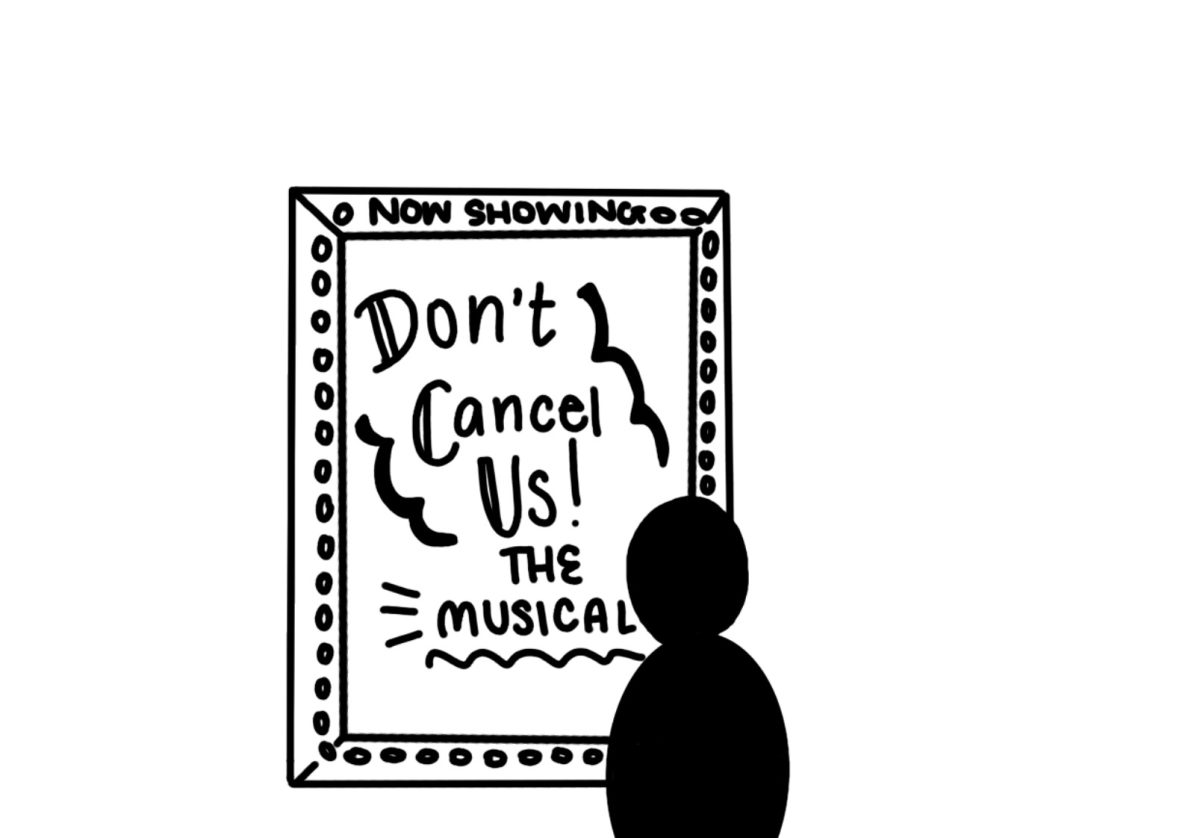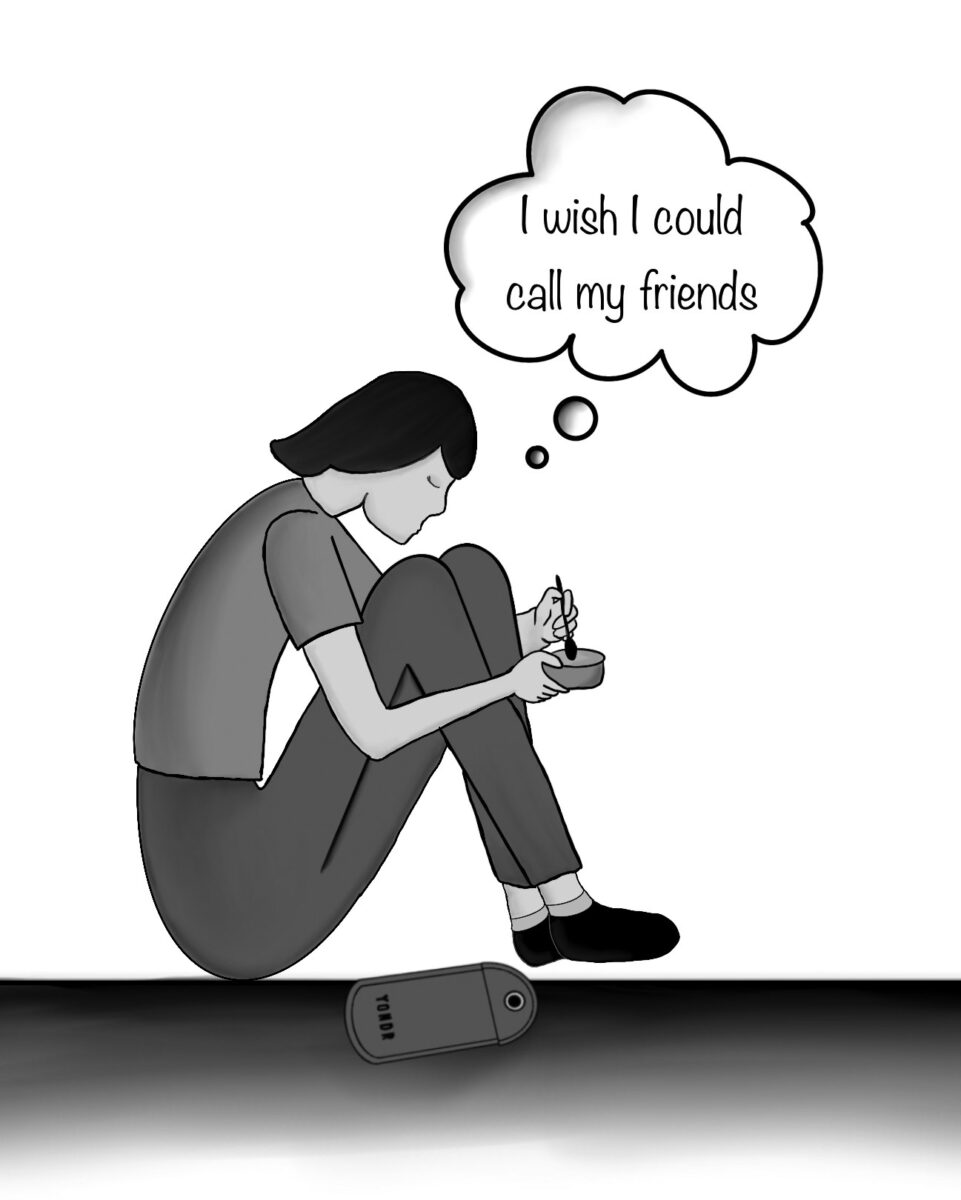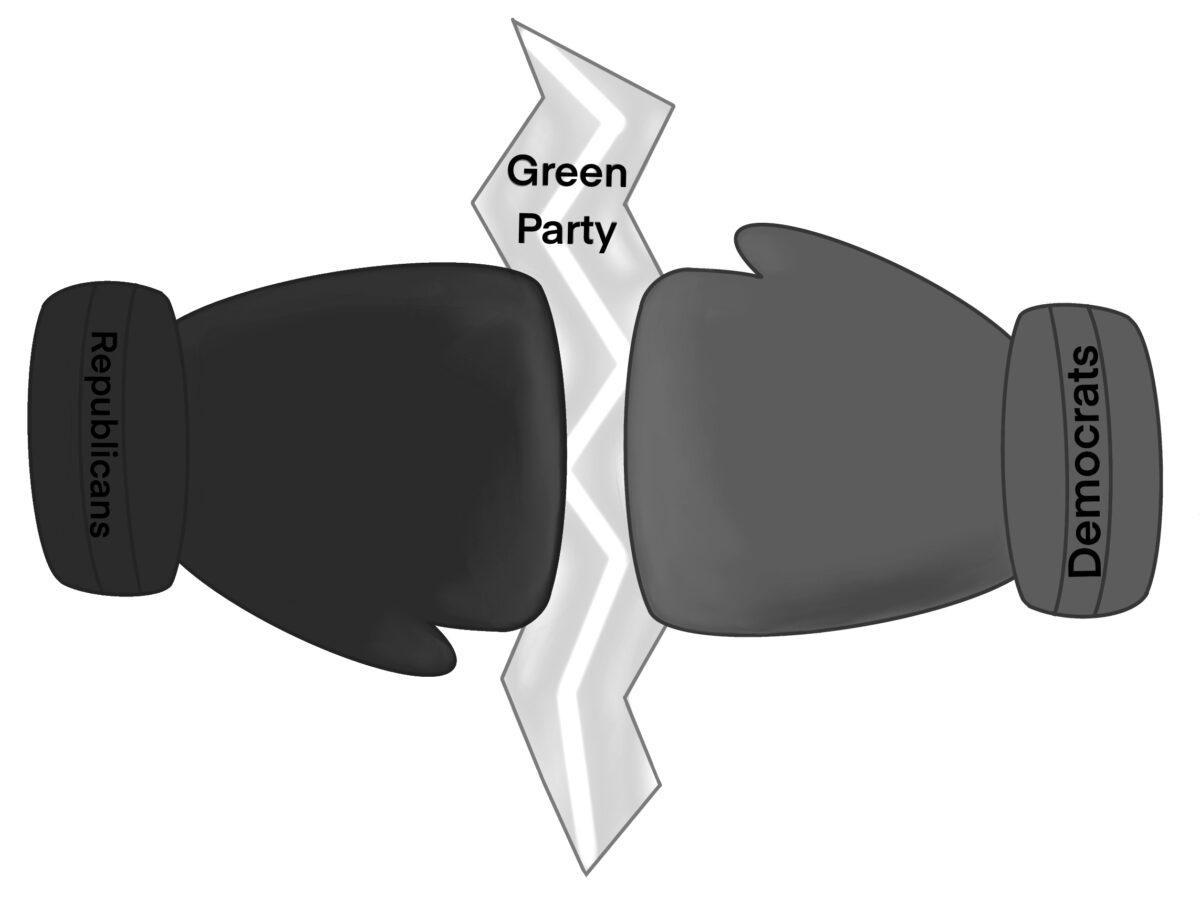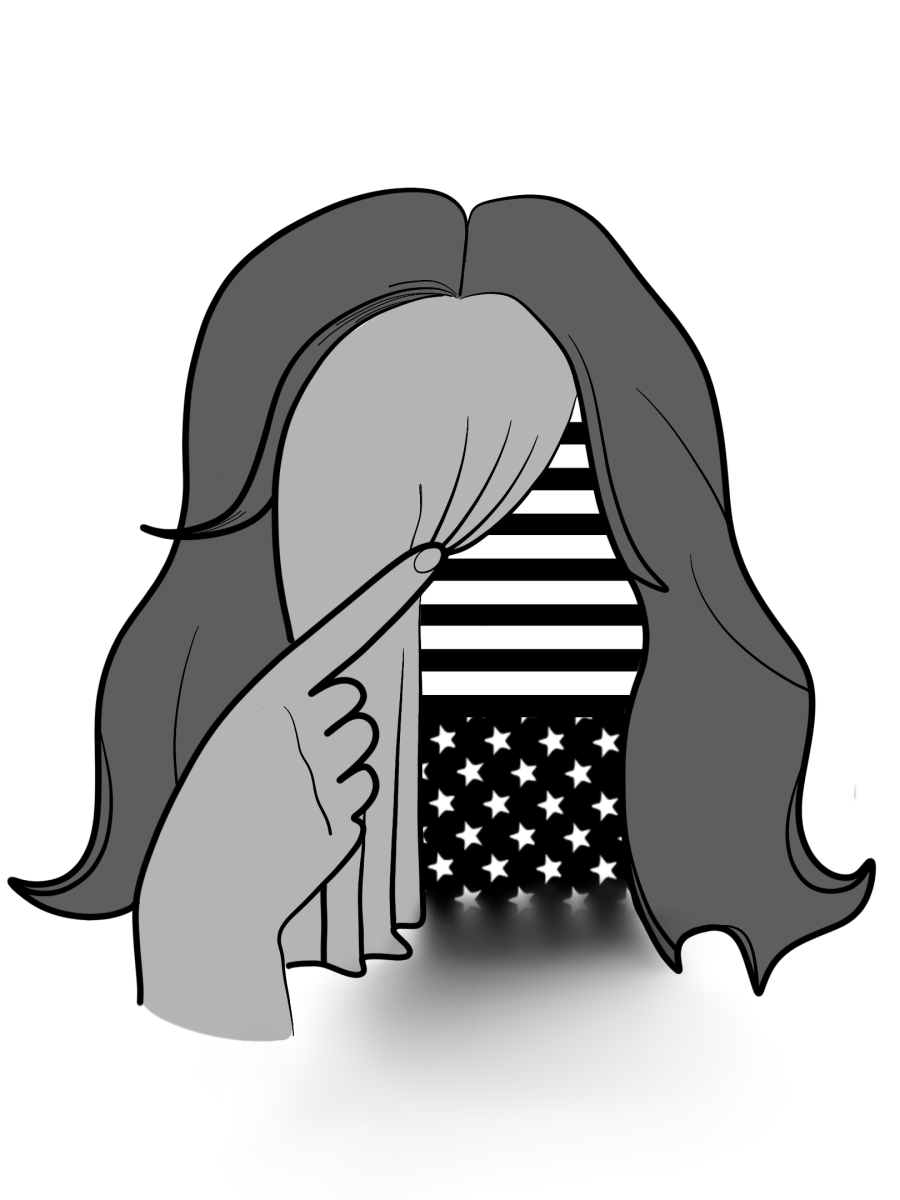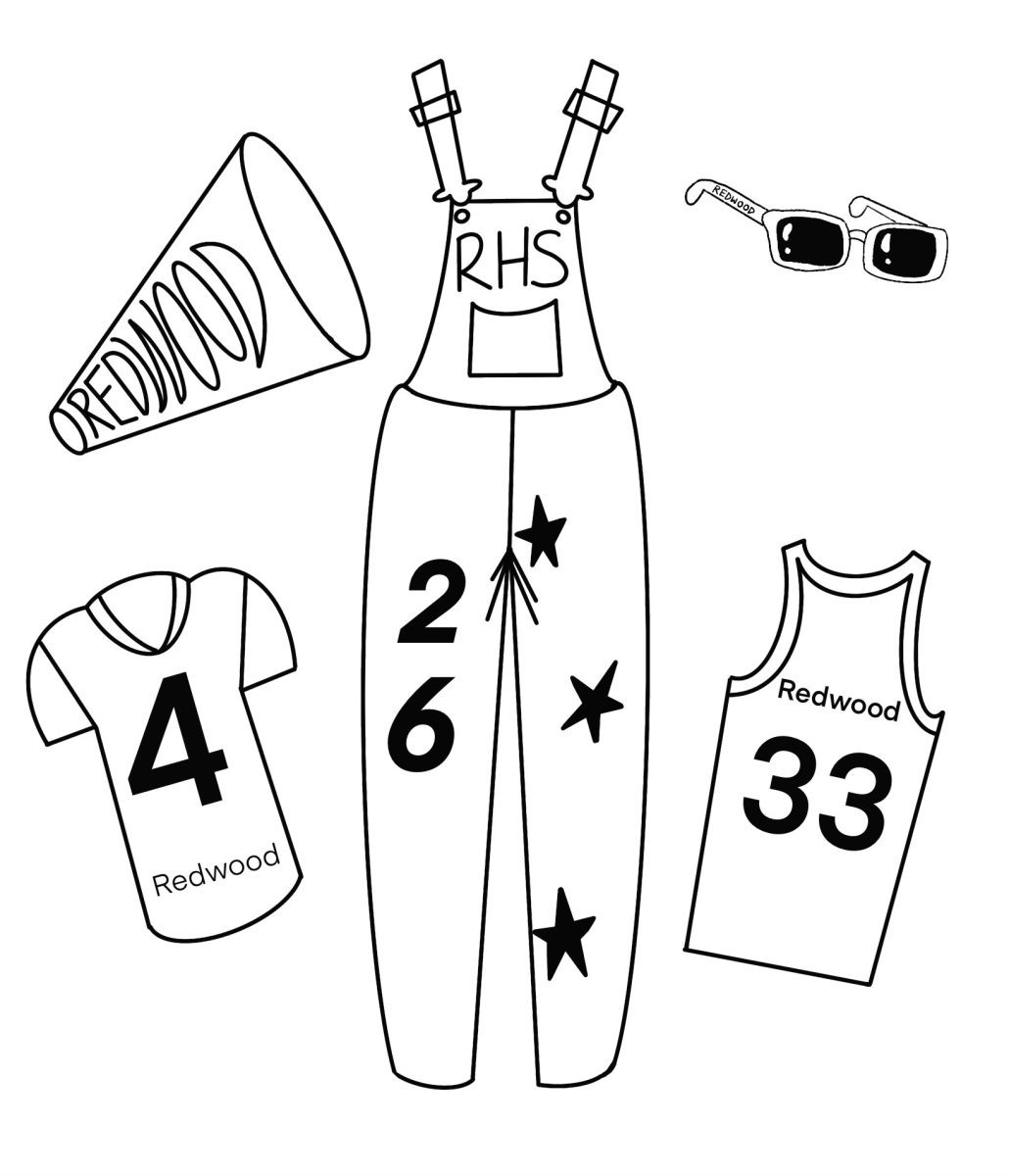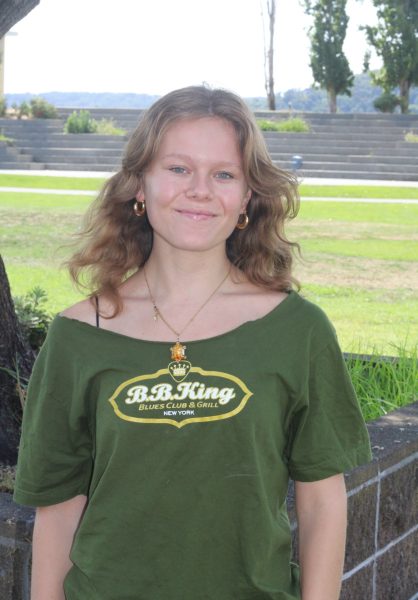Jane Fonda was arrested for leading a protest against the Vietnam War in 1970; Colin Kaepernick took a knee during the national anthem to protest police brutality in 2016; Taylor Swift prompted the voting registration of 35,000 Americans through an Instagram post in 2023.
Celebrities speaking out about politics is nothing new. What is new, however, is the reaction when they do not make a public comment on current affairs. “Literally we don’t care a genocide is happening,” reads one comment under an Instagram post by fashion influencer Emma Chamberlain, advertising a partnership with Aritzia in October. “Use your platform,” reads another, accompanied by a series of Palestinian flag emojis. And these comments are no exception. Since the beginning of the war in Gaza, celebrities who have not made a statement on the violence have been subject to a variety of particularly harsh criticisms.
These standards for celebrity comment on current issues are in some ways to be expected. Social media has rapidly increased the transfer of political content, and information on current events is more accessible now than ever. Through the correct accounts followed, the right infographics and pictures reposted, activism seems available to all those who wish to exercise it. But celebrities do not owe us their politics or their opinions on political issues.

In part, the expectation for celebrities to comment on political issues can be attributed to social media’s presence as a source of news and information. According to a 2023 survey by Pew Research, 43 percent of TikTok users regularly get information about current events from the platform, while 34 percent of Instagram users report the same. At the same time, these platforms give us a window into celebrity life like never before. However, just because celebrities are more accessible to us now than they’ve ever been in the past — their outfits, their meals and their love lives — that trend need not extend to their politics as well.
Since the outbreak of violence in Gaza, calls for celebrities to speak out have often criticized the fact that they are not properly using their platform. But simply having a large platform does not saddle celebrities with moral responsibility; it doesn’t give them the responsibility of instructing their audience about the correct opinion on a complex issue. What could Taylor Swift or Sabrina Carpenter contribute to the conversation that has not already been said? Yes, it can be validating to know of the sanctity of your Instagram feed’s political opinions. But that was never an aspect of their fame, never a reason for their popularity — so why should that expectation start now? As attorney Jill Filopovic wrote in an article for CNN, this anger towards so-called silence is often misguided.
“[These commenters] mean, of course, that not enough celebrities are speaking out in favor of their side,” Filopovic said.
Rather than demanding celebrity endorsement of a particular political position, it is crucial to move away from the buzzwords and flashy infographics that plague the marred landscape of social media activism. Silence is not necessarily an endorsement of a particular political position. It can be just that: silence, not a commentary, not an opinion. It is crucial to remember who exactly is at fault here — not celebrities or those in their comment sections, but the global leaders on whose shoulders political decisions actually rest. We should be demanding more from the people who can truly make a difference in current affairs.
By expecting political statements from celebrities — often with little regard to the authenticity of these comments — we are giving up the responsibility of forming our own opinions, delegating that right to people who may be not much more educated than ourselves. It is important to take back that responsibility into our own hands, and to recognize that our moral stances are ours alone. Celebrities do not owe their politics to anyone — and neither do we.

